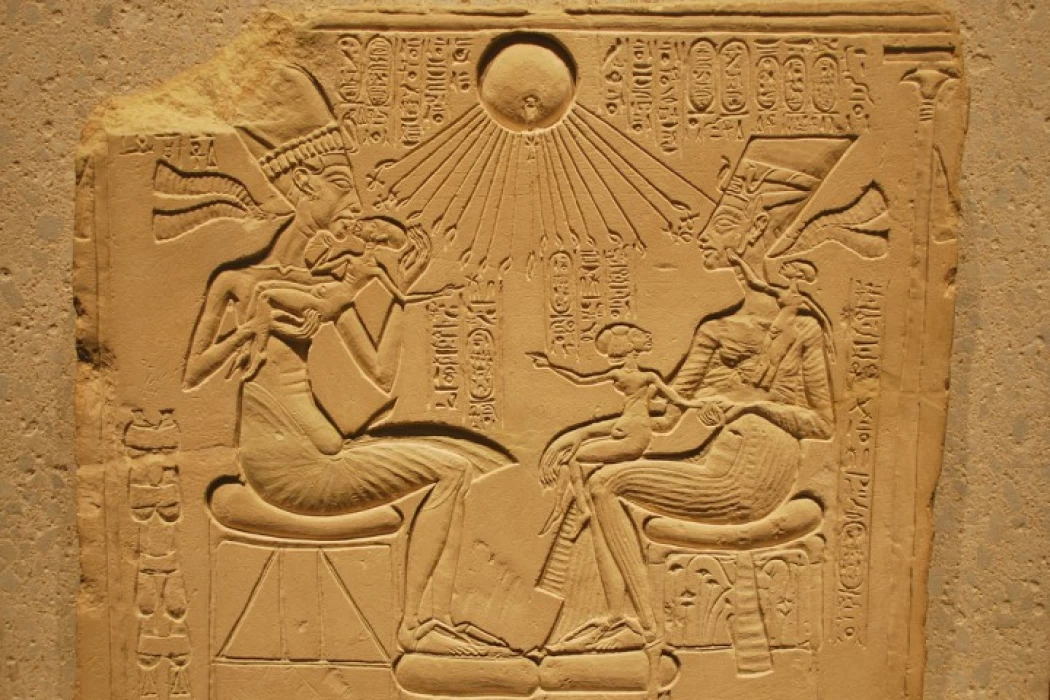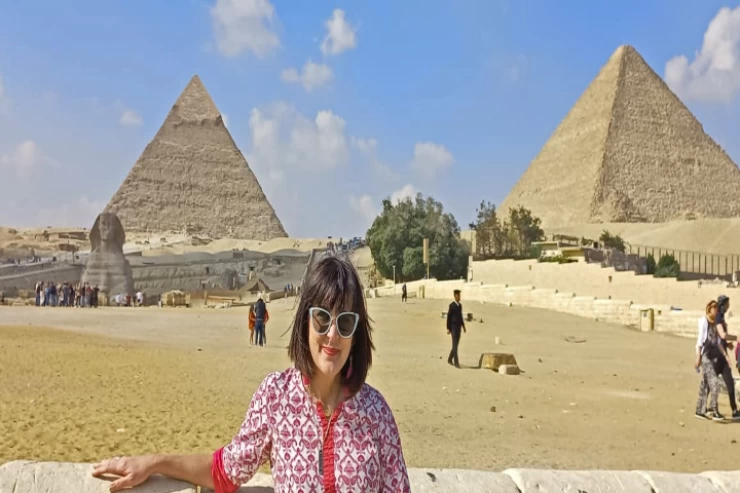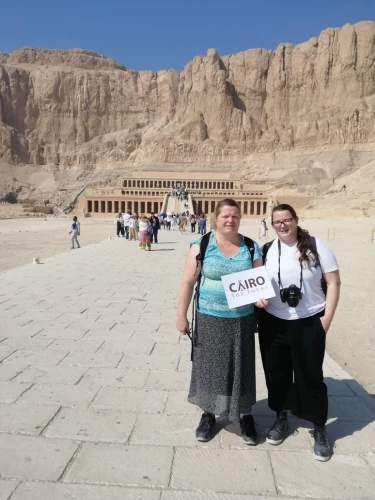
God Aton | Aten God of Egypt
God Aton
During the Amarna period, Aton was the god of infinite generosity, who brought about justice and universal harmony, benefiting all men equally. His existence as a deity dates back to the reign of Thutmose IV, the eighth pharaoh of the 18th Egyptian dynasty, although it is also believed that his earliest origins lie between the First Intermediate Period and the Middle Kingdom. However, throughout the different stages, you can see the exponential development of the cult of Aten, which went from being a solar disc to a deity of great superiority.
God Aton
Once he assumed power in Egypt, Amenhotep IV showed his dissatisfaction and rejection of the traditional religion of the culture, rooted in monotheistic beliefs. That is why he began a new religious reform in order to strip away all kinds of beliefs and express that only Aten should be the only Egyptian god worthy of devotion. In honour of this, Amenhotep decided to change his name to Akhenaten, which means ‘Faithful Servant of Aten’.
After that, a new type of belief was established, henotheism or monolatry, which represents the recognition of the existence of various deities. However, only one of them is worthy of worship by the faithful devotee.
Amarna mythology
However, the Pharaoh's efforts to worship only Aten were not enough for the Egyptian people to accept them, as the clergy strongly opposed this type of henotheistic worship and rejected the idea of not worshipping other gods. Thus, the will of the imposing Pharaoh was violated after his death.
He is the god who grants life on earth and encourages everything around him, which is why he is considered a solar disc that nourishes life. In the early days of his worship, he was represented as a man with a falcon's head and revered as the god of goodness and infinite justice.
God Aton
During the Amarna period, Aton was the god of infinite generosity, who brought about justice and universal harmony, benefiting all men equally. His existence as a deity dates back to the reign of Thutmose IV, the eighth pharaoh of the 18th Egyptian dynasty, although it is also believed that his earliest origins lie between the First Intermediate Period and the Middle Kingdom. However, throughout the different stages, you can see the exponential development of the cult of Aten, which went from being a solar disc to a deity of great superiority.
Once he assumed power in Egypt, Amenhotep IV showed his dissatisfaction and rejection of the traditional religion of the culture, rooted in monotheistic beliefs. That is why he began a new religious reform in order to strip away all kinds of beliefs and express that only Aten should be the only Egyptian god worthy of devotion. In honour of this, Amenhotep decided to change his name to Akhenaten, which means ‘Faithful Servant of Aten’.
After that, a new type of belief was established, henotheism or monolatry, which represents the recognition of the existence of various deities. However, only one of them is worthy of worship by the faithful devotee.
Amarna mythology
However, the Pharaoh's efforts to worship only Aten were not enough for the Egyptian people to accept them, as the clergy strongly opposed this type of henotheistic worship and rejected the idea of not worshipping other gods. Thus, the will of the imposing Pharaoh was violated after his death.
He is the god who grants life on earth and encourages everything around him, which is why he is considered a solar disc that nourishes life. In the early days of his worship, he was represented as a man with a falcon's head and revered as the god of goodness and infinite justice.
Aten was the god proclaimed by King Akhenaten, who considered the sun disc to be his symbol. Akhenaten thought that Aten was the only god and that all races benefited from his light. To bring life and wealth to the royal family, Aten was symbolized by the sun disc, with its rays terminating in human hands. After Akhenaten's death, Aten returned to his former status as one of the Egyptian gods and was no longer the supreme god and primary deity of the ancient Egyptian state.
It should be noted that contrary to popular belief, Pharaoh Amenhotep IV did not abolish the old theological system. He made changes to it, probably more for political reasons than out of a belief in astral worship, which was too abstract for the Egyptian mindset of the time. However, in order for this reform to be effective, his only option was to impose it by authority. As a result, towards the end of his reign, he banned the worship of the ancient gods and stripped the priests of the cult of the powerful and wealthy Amun of their power. Evidence of this theory can be found in the numerous syncretisms associating Aten with other deities. However, some deities remained, such as Maat and the two goddesses of the crown, Wadjet and Nekhbet.
The fact that rulers made annual sacrifices to the sun cult was already established before Amenhotep IV, who, it is true, elevated it to new heights in a masterful way. The cult of Aten was far from being practiced only in its consecrated city; it was imposed in the sanctuaries of the major gods throughout the country by the creation of a group of preachers of the new religion, charged with spreading the good word throughout Egypt. In Heliopolis, for example, the remains of a monument dedicated to the solar disc have been found, and in Karnak, the spread of the cult of Aten eclipsed the god Amun. However, in the Nile Delta, no inscriptions dedicated to the god Aten have ever been found. This cult was not natural to the Egyptians but imposed, so it had great difficulty establishing itself throughout the territory. What some consider to be the world's first monotheism was more of a henotheism or monolatry that lasted more than 15 years, recognizing the existence of several gods but venerating one in particular, even to the exclusion of the others.

















